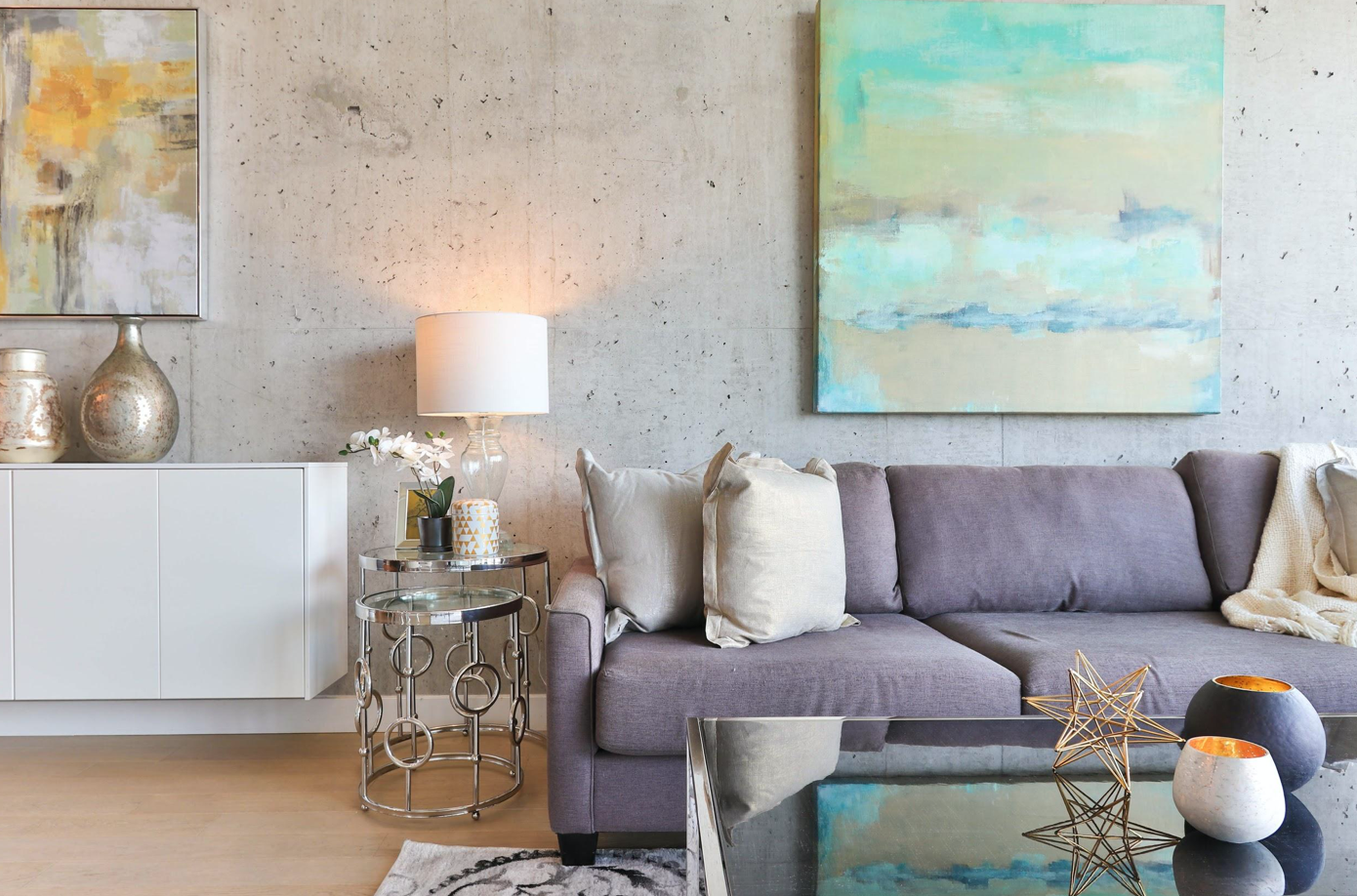As a landlord, you’ll most likely have your hands full. Even though these complaints can be difficult to deal with, they’re not impossible.
If you’re a new landlord, you’re probably a little nervous to start renting out your properties to occupants. While being a landlord can be a very fruitful experience, you’ll have to be prepared to deal with tenant complaints. Keeping everyone happy – especially in a multi-unit apartment or building is no easy task, but even when problems arise and tensions occur, not all hope is lost.
It’s normal to have to deal with a wide array of complaints when owning a home. From more common issues to those that are downright bizarre, the list goes on and on. While it might seem overwhelming in the beginning, you’ll be more than ready to handle it as time goes on. Below are some of the most common complaints from tenants that landlords have had to handle.
Children
If you’ve got noisy children running amok, it’s bound to attract the attention of the other tenants. Sometimes, children can also go ‘door-knocking’ where they intentionally knock on other tenant’s doors and cause frustration and annoyance. It’s hard for landlords to impose rules on families, but you can relay the information and try to mediate between residents as much as possible.
Building upkeep
As a landlord, it’s your responsibility to maintain either the building or home, and ensure that there’s proper upkeep of common areas. If there are any leaks or mold build-up, be prepared to receive complaints from the occupants as it poses both a health and safety risk.
If there is poor building maintenance and a lack of drainage, then it could also result in balcony leaks. To minimize these leaks, the best way is to hire a professional waterproofing service that has the skillset to carry out the necessary procedures. If not rectified, then you could run the risk of causing damage to the structural component of the building — which, in more extreme cases, can result in the possible collapse of a part of a building (eg. a balcony).
Animals

While cute and cuddly, there are occupants who can be annoyed at a barking dog or defecation in common areas. While you can’t refuse someone to keep a pet, you can place signs around the building reminding residences to pick up their dog’s feces and being respectful to other residences who stay in the building.
Noise
Excessive noise is always an issue and can stem from other units and nearby buildings. More often than not, it would just be one particular occupant that’s causing the problem, and they’re the one who frequently causes ongoing problems.
You’d need to speak with them and ensure that they’re keeping their noise levels to a minimum. If the building is located in an inner-city neighborhood that’s a tad noisier, you can consider designing the windows to be double-glazed and keeping the bedroom further away from the entrance.
Smoking
While it depends on the city and country, smoking in common areas of common property is generally prohibited by law. With some units, the smell may escape through the balconies and into the extraction system. As a landlord, you won’t be able to prohibit smoking within a unit – especially on private balconies unless the law explicitly states that residents can’t smoke on balconies.
Summing up
While the above might be some of the most common complaints, what happens when you have to deal with a dispute? Even though it’d be ideal if the dispute could be resolved through open and honest discussions, that may not always be the case. When that happens, there may be some legal technicalities that need to get involved. A breach notice would need to be issued, and this matter could even be pursued to court.
Ideally, however, you’d want to try and make sure that the issue doesn’t escalate to that point. If peaceful discussions don’t work, consider involving an independent third party who may be able to assist with the negotiations.
As a landlord, you’ll most likely have your hands full. Even though these complaints can be difficult to deal with, they’re not impossible. By properly screening your tenants before renting out the property, and subtly reminding them to be respectful of their neighbors, you’ll be able to minimize these complaints from occurring.


Join the conversation!